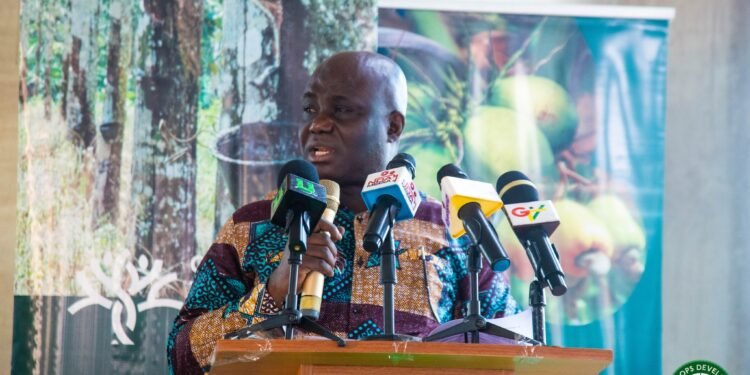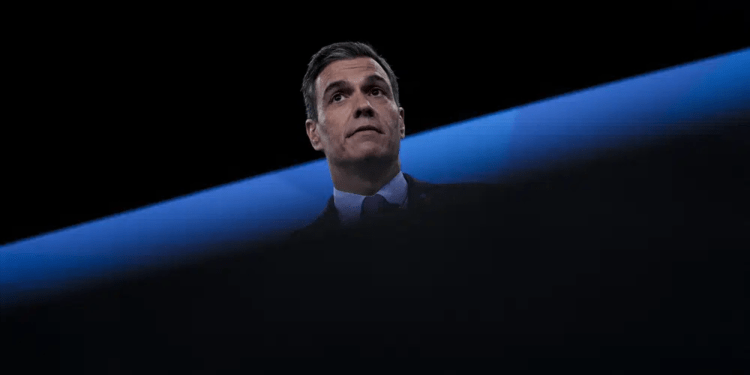Esq. Carruthers Tetteh, a seasoned lawyer, has emphasized that administrative fairness requires public institutions, including the Electoral Commission (EC), to maintain consistency in their decisions and actions.
Commenting on the EC’s recent attempt to order a re-collation of results from certain constituencies, he told Vaultz News that any departure from previous decisions must be justified by law or a valid and relevant reason.
Failure to do so, he warned, could create confusion, undermine public trust, and weaken democratic processes.
“The 1992 Constitution, under Article 49, grants presiding officers the authority to count votes and declare winners of elections. This legal provision empowers them to oversee the collation and announcement of results.
“Although the law is silent on how many times results can be recounted, fairness dictates that, if the EC finds it necessary to recount or re-collate votes to ensure accuracy, it should do so. However, the EC’s inconsistency undermines public trust in the system”.
Esq. Carruthers Tetteh
Tetteh further explained that if new circumstances justify a review or recount of votes, it should not be out-rightly rejected.
According to him, where all parties involved agree to a recount to ensure fairness and transparency, it is reasonable for the EC to act accordingly.
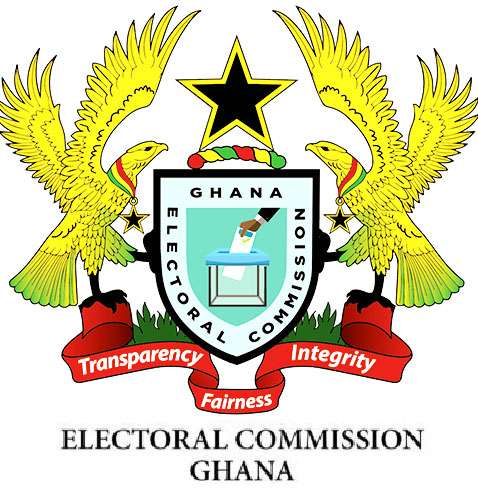
Esq. Tetteh explained that any party dissatisfied with any aspect of the electoral process — including voting, counting, collation, or declaration — has the legal right to seek redress.
He noted that for parliamentary election disputes, such grievances can be addressed by filing a petition at the High Court.
If the High Court’s decision is unsatisfactory, the aggrieved party can appeal to the Court of Appeal, which serves as the final appellate court for parliamentary election matters.
Ghana’s electoral laws grant the right to petition the High Court to qualified voters, candidates, and potential nominees. “This provision is captured under Section 17 of the Representation of the People’s Law, PNDCL 284”.
Court’s Role in Challenging EC Actions
Furthermore, Esq. Carruthers Tetteh explained that courts only intervene in electoral disputes when a litigant invokes their jurisdiction.
This means an aggrieved party must initiate legal action to challenge the actions of the EC or any administrative body.
He emphasized that administrative bodies, including the EC, are required to operate within their legal mandate.
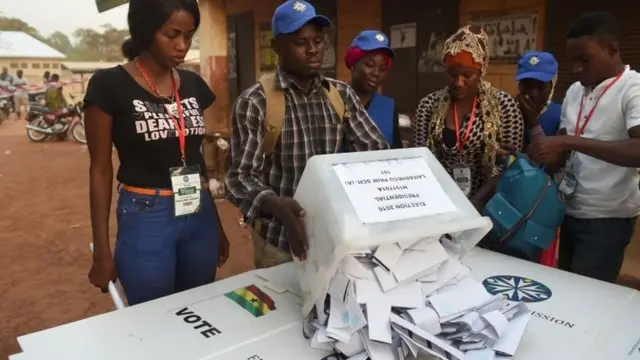
“A party that believes the EC is acting outside its mandate can seek an order from the court. The court may issue a prerogative writ to compel the EC to perform a duty it has failed to do [and] to quash an unlawful decision or action taken by the EC.
“If a petitioner successfully proves that the EC has acted beyond its authority, the court can declare the EC’s action as ultra vires and order it to take corrective action. The EC is established under Article 43 of the 1992 Constitution. As a statutory body, it must operate within the bounds of its legal mandate”.
Esq. Carruthers Tetteh
He noted that although individuals hold positions within the EC for a limited time, the institution itself is permanent, requiring the EC to ensure its actions align with the law to safeguard its credibility. “Inconsistent decision-making by the EC could set bad precedents and affect the future integrity of elections”.
Esq. Tetteh emphasized that the EC must ensure its actions are supported either by clear legal provisions or well-justified reasons. “Where the law is silent, it is expected that the EC will provide sufficient reasons to justify its decisions”.
He stressed that only the courts have the authority to declare the EC’s actions unlawful or unconstitutional.
He noted that if the EC is found to have violated electoral laws, the court can nullify its actions and compel compliance with legal obligations. “This helps to ensure accountability and consistency in the EC’s conduct”.
Citizens to Seek Legal Action Against EC Breaches
Furthermore, Tetteh pointed out that there are consequences if the EC or its officials fail to comply with electoral laws.
He noted that for example, if a presiding officer does not declare results within the prescribed time, it constitutes a legal breach.
Similarly, if the EC does not follow legal procedures for voter registration or displaying the voters’ register, it may face legal challenges in court.
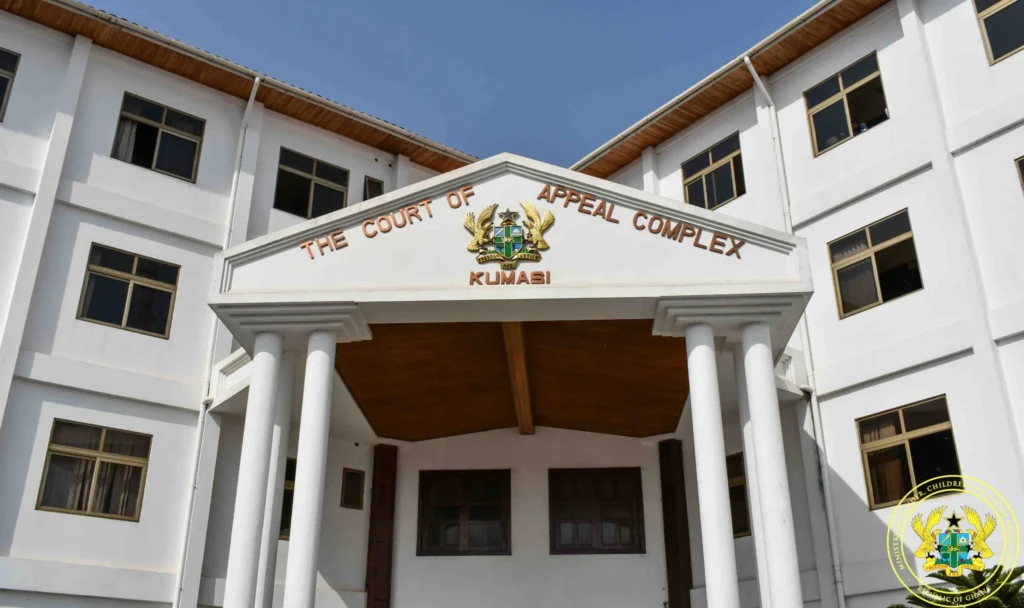
“Any citizen, political party, or individual affected by the EC’s actions can take legal action. It is not the exclusive right of political parties to seek redress; any individual with legal standing can do so.
“This is why citizens should avoid resorting to media campaigns to criticize the EC, as legal action in court is the proper avenue for remedy. Political parties that are aggrieved by the EC’s actions should avoid mere media complaints and instead file legal actions in court”.
Esq. Carruthers Tetteh
He emphasized that although media discussions help raise public awareness, they do not obligate the EC to take action. Legal action, on the other hand, offers a formal avenue for addressing grievances.
According to him, this approach upholds the rule of law and ensures that Ghana’s electoral system functions in a fair, transparent, and legally compliant manner.
READ ALSO: Hush Money Conviction Remains A Thorn In Trump’s Flesh










